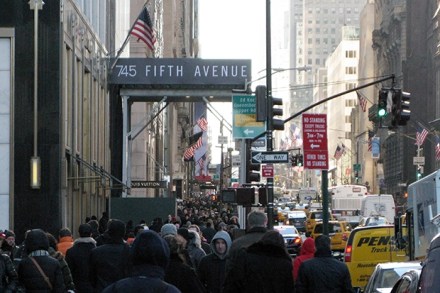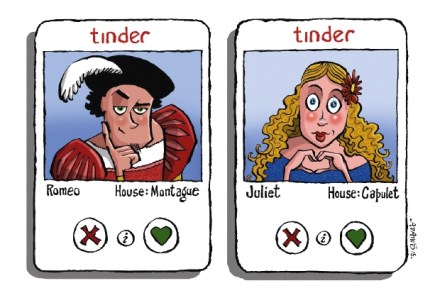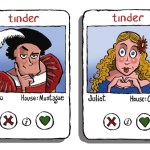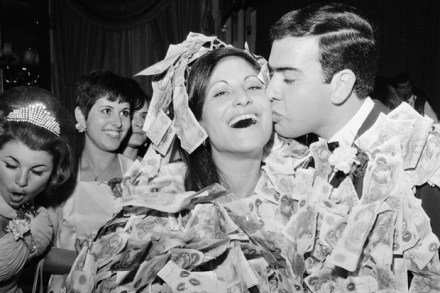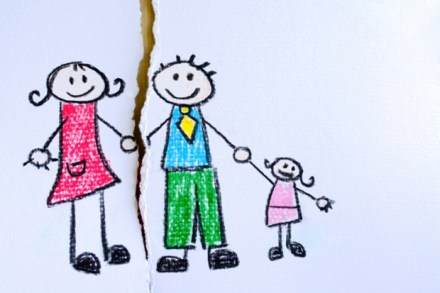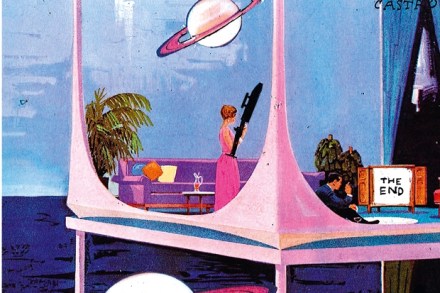Erica Jong’s middle-aged dread
Who’d get old? Bits fall off, your loved ones start dropping like flies and, perhaps worst of all, the only afternoon delight you’re up to is a cup of tea and a soporific radio play. Wealthy New Yorker Vanessa Wonderman, Erica Jong’s 60-year-old narrator, isn’t there yet, but she can see it coming down Fifth Avenue with its headlights on. Her parents are slowly and painfully quitting the world; her husband Asher, 15 years her senior, is succumbing to illness and certainly not capable of elaborate bedroom antics; and her acting career has faltered in the predictable absence of decent parts for middle-aged women. Despite high-end plastic surgery (‘as mandatory
